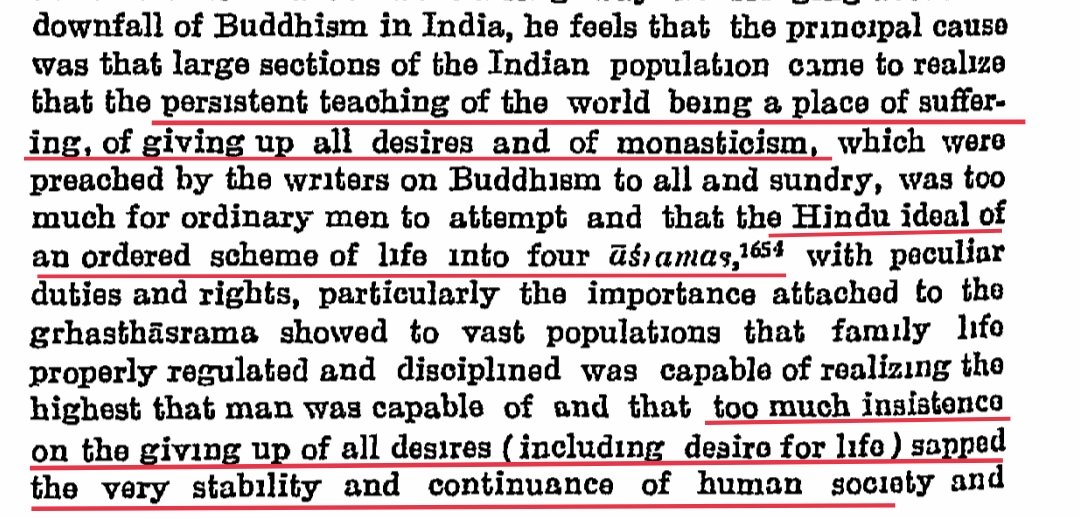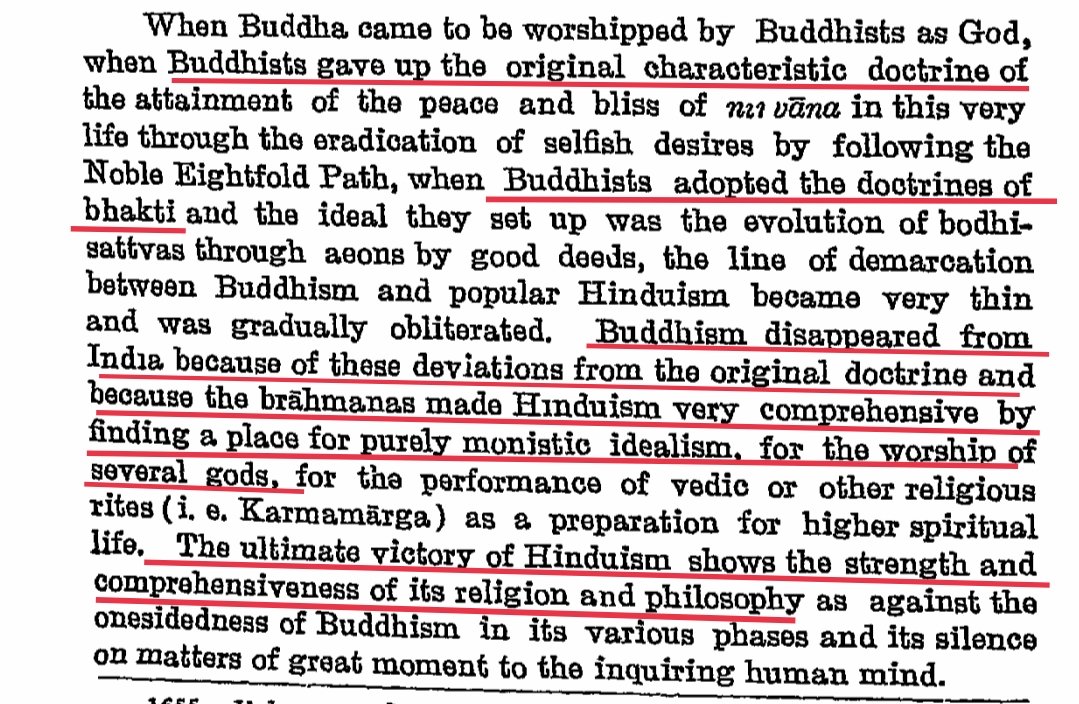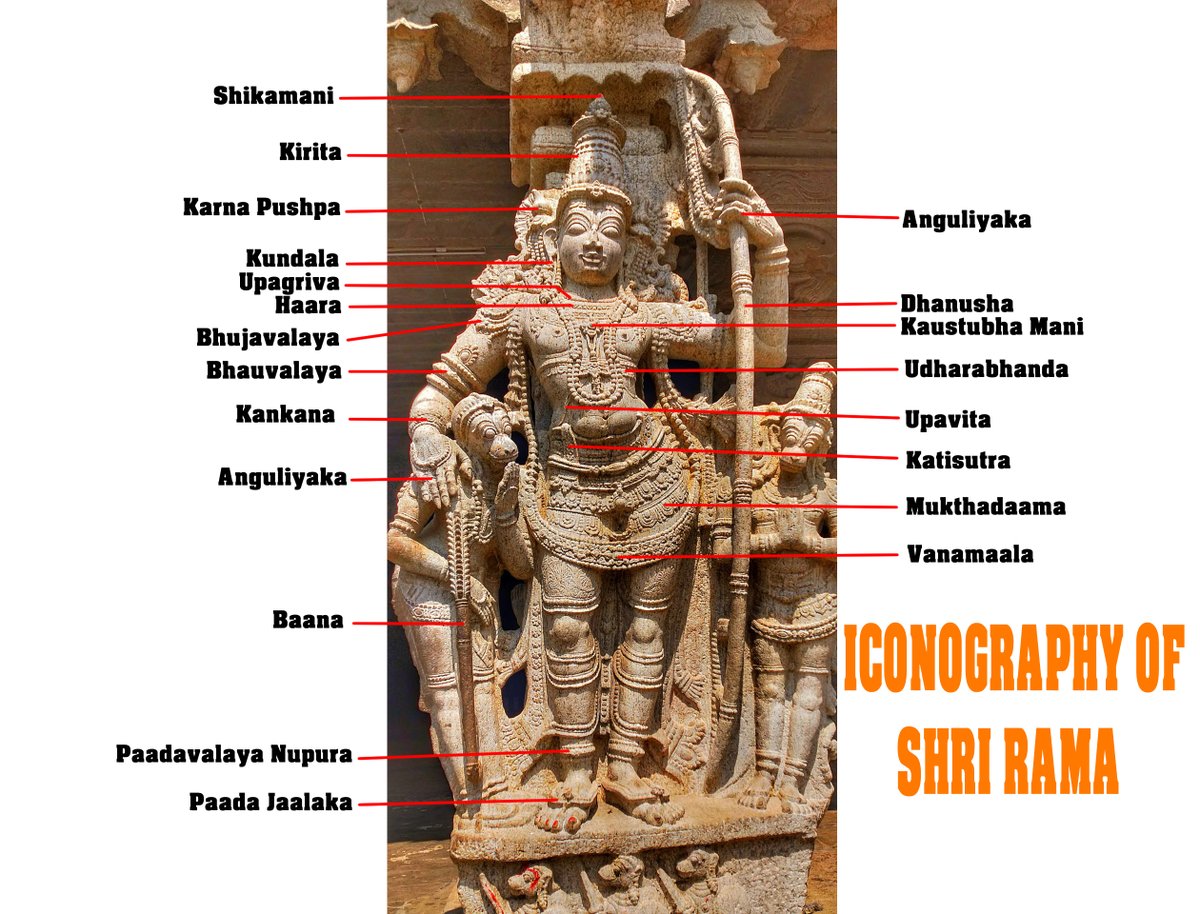
A few rules laid down in the Dharmashastras on do's & dont's before going to sleep.
1)feet must not be wet
2)head must not be placed in north or west
3)should not sleep naked
4)should not sleep below a beam
5)should not sleep in temples
6)should not sleep in unoccupied houses.
1)feet must not be wet
2)head must not be placed in north or west
3)should not sleep naked
4)should not sleep below a beam
5)should not sleep in temples
6)should not sleep in unoccupied houses.

7)should not sleep on bed of elders
8)should not sleep on bedstead of elderly.
9)should not sleep before washing hands & mouth after eating.
10)should not sleep during day & twilight hours.
11)should not sleep on top of mountain.
8)should not sleep on bedstead of elderly.
9)should not sleep before washing hands & mouth after eating.
10)should not sleep during day & twilight hours.
11)should not sleep on top of mountain.
12)should not sleep on same bed with person suffering from fever, asthama etc.
Do's
1)pray to ishta devata before sleep.
2)keep bamboo stick near bed.
3)keep a jar of water near the head.
4)praying to Maha Vishnu will result in good sleep.
Do's
1)pray to ishta devata before sleep.
2)keep bamboo stick near bed.
3)keep a jar of water near the head.
4)praying to Maha Vishnu will result in good sleep.

• • •
Missing some Tweet in this thread? You can try to
force a refresh













